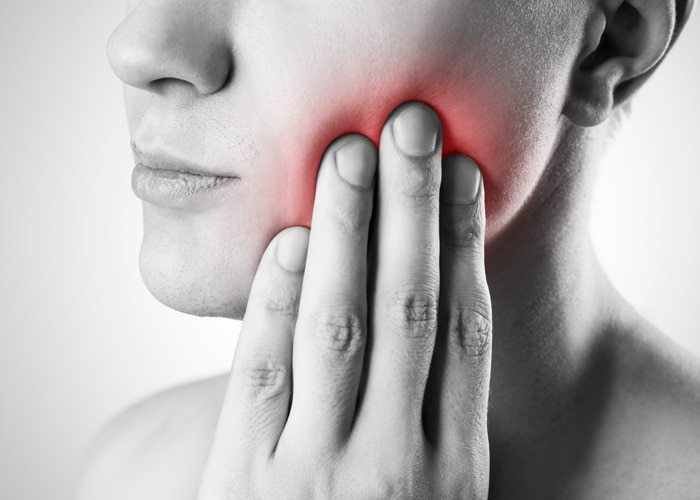Key Differences: Adults and Kids
Different from that of children and teens, adult orthodontics posts significant challenges to specialists. Adults interested in pursuing this treatment may find it worth knowing what they face before making a decision.
Due to their age, adults have insufficient bone between roots for adequate blood supply, they may have mild gingivitis infections and marginal bone loss. The bones are harder and no longer growing, hence, it will take longer to adjust to teeth’s new positions; tooth realignment may be a more involved process in adult patients. And since adult bone doesn’t respond to pressure in the same way as growing bone, if there are gaps between teeth caused by extraction, they are not suitable sites for teeth to move into unless prosthetic bone has been added.
Adults undergoing orthodontics treatment have a higher risk for root resorption than children, leaving the tooth without anchorage. Some predisposing factors are family history, oral habits and the type of roots. This susceptibility causes root friction, teeth can become loose in their sockets and just fall out. Strict monitoring with the orthodontist is required, watching out for signs of resorption.
If an adult has a deep overbite, there is often not enough room in the mouth to create space for the teeth to move back without extracting one or more teeth. He might even have worn down some of the teeth, making the overbite worse. Also, adult patients have a greater risk for temporomandibular disorder (TMD), and symptoms can develop during conventional orthodontic treatment. Careful assessment is necessary before going into the treatment.
There are also psychological and social factors that affect adults interested in treatment. These include higher levels of treatment expectations, concern with appearances, discomfort from
wearing appliances and level of patience, and willingness to cooperate with orthodontic instructions.
If you are still interested to have orthodontic treatment, come visit our Auburn dentist and know more about your challenges and expectations.



